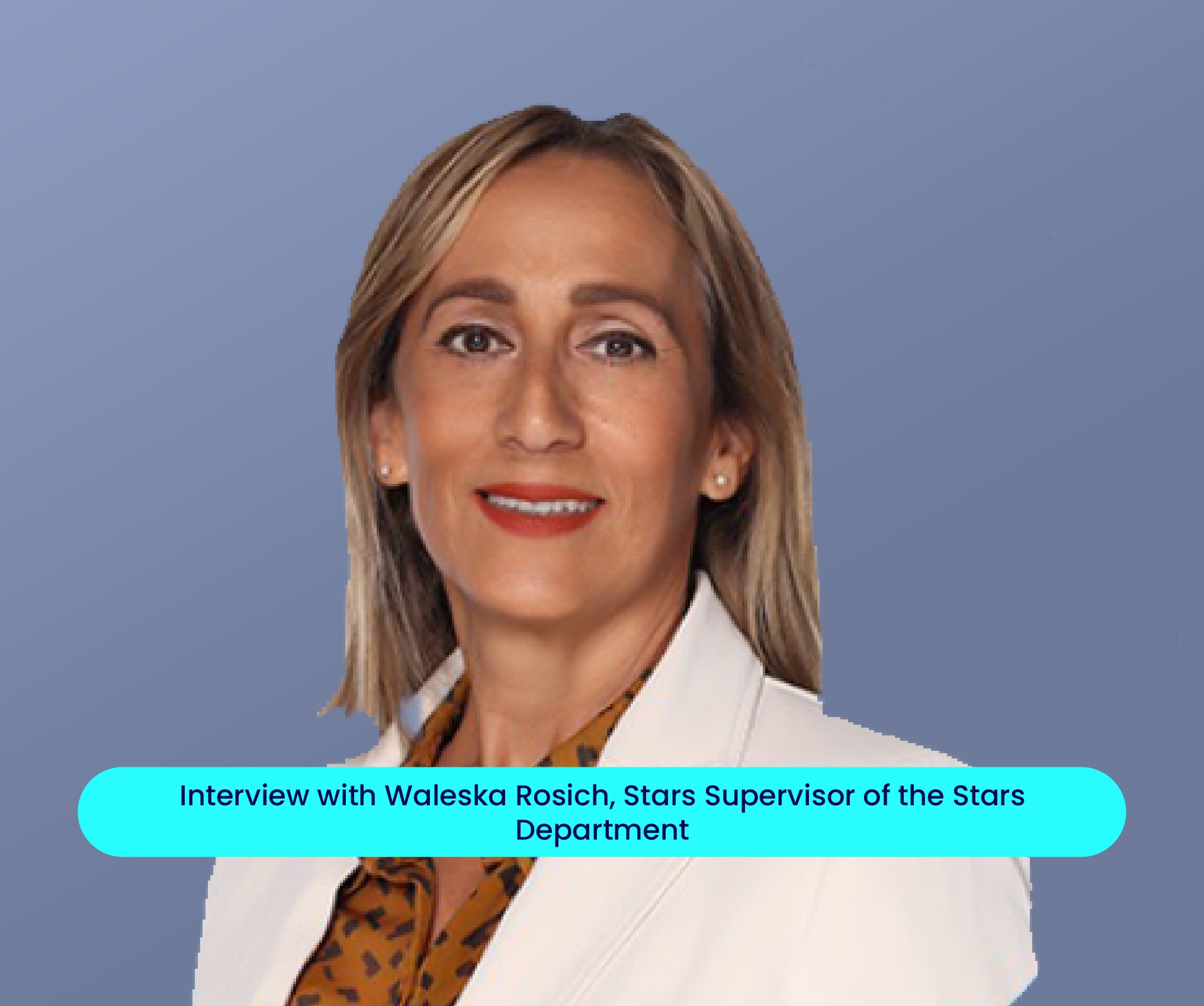This post is also available in:
 Español (Spanish)
Español (Spanish)
By: Vilmar Trinta Negrón | Interview with Waleska Rosich, Stars Supervisor of the Stars Department, and Dr. Eddie Ortiz, Chief Strategy and Clinical Officer of Provider Network Solutions of P.R
Colorectal cancer is no longer a condition exclusive to older adults. In Puerto Rico, as in many parts of the world, this disease is increasingly affecting younger adults, requiring all healthcare ecosystem professionals to act swiftly and precisely. This reality not only changes how patients are educated and the age at which the first screening should be conducted, but also how preventive services are documented, coded, and billed.
“According to multiple studies, this increase is associated with several factors impacting our quality of life: drastic dietary changes, lack of physical activity, rising obesity, and early access to alcohol, cigarettes, and other substances. These habits have significantly altered the well-being of Puerto Rico’s population,” stated Waleska Rosich, Supervisor of the Stars Department at Provider Network Solutions of P.R.
Colorectal cancer is the second leading cause of cancer among men and women in Puerto Rico. According to the PR Central Cancer Registry, the incidence rate between 2017 and 2021 was 37.2 cases per 100,000 people—higher than the U.S. average of 36.4. Most alarming is the rise in cases among younger adults. A recent report by the American Cancer Society noted that Puerto Rico experienced an average annual increase of 3.8% in early-onset colorectal cancer.
This shift has prompted a key change in quality metrics. Beginning in the 2025 measurement year, HEDIS (Healthcare Effectiveness Data and Information Set) evaluations for colorectal cancer will apply from age 45, rather than age 50. The recommendation comes from the U.S. Preventive Services Task Force and has been adopted by the NCQA and CMS. In Puerto Rico, the Department of Health recommends beginning screening at age 40.
Implementing these new HEDIS guidelines requires full alignment among clinical, administrative, and billing teams. It’s not just about meeting a metric: it’s about avoiding common errors that can directly impact the validity of claims and the accuracy of diagnoses.

▶ Key Actions for Billers and Office Staff
- Verify that orders for fecal occult blood tests (FOBT) or colonoscopy screenings are electronically documented and coded according to the new age group (45–75 years).
- Use appropriate preventive codes that distinguish between screening evaluations and diagnostic tests, avoiding denials due to coding errors.
- Ensure that the test completion date is accurately recorded in the electronic system, especially for patients who have already been screened outside the medical office.
- Work with the provider to generate automated reminders for patients who turn 45 or are due for follow-up.
Properly coding and billing for preventive screenings translates into revenue that supports provider sustainability, ensures compliance with plan quality metrics, and most importantly, enables the early detection of cancer—before it’s too late.
“The message is clear: prevention begins at the first point of patient contact, and every link in the process matters. Billers, receptionists, and administrative supervisors are key players in this silent fight against colorectal cancer. At Provider Network Solutions, we encourage you to stay up to date on the new guidelines, participate in trainings, and foster ongoing communication with providers. Colorectal cancer is preventable. And with your support, we can detect it in time,” concluded the Stars Department Supervisor.
This post is also available in:
 Español (Spanish)
Español (Spanish)








